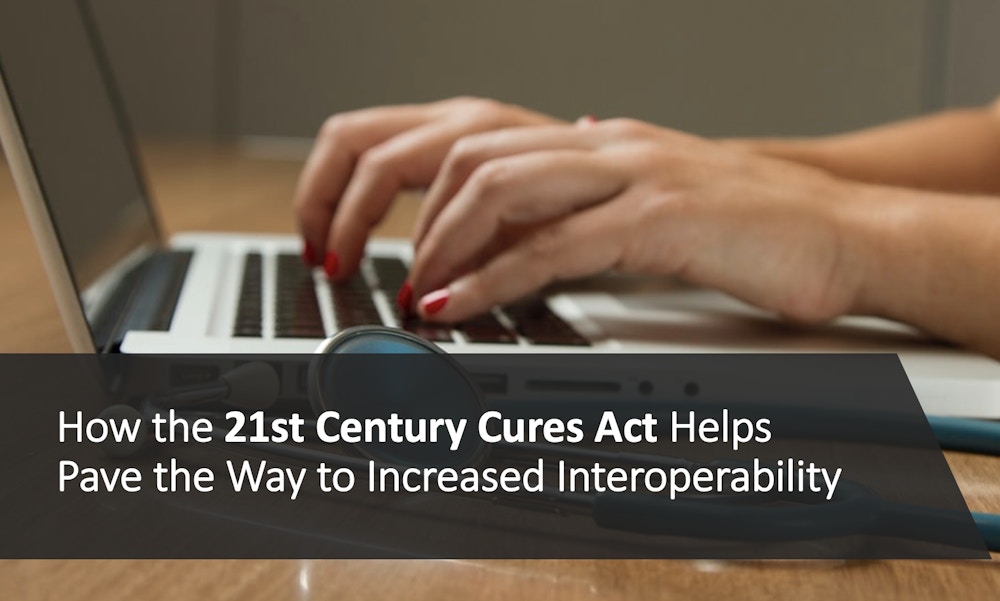The passage of the 21st Century Cures Act, and more recently the implementation of the Final Rule of the Act this past April, was a big win for the healthcare IT ecosystem. As investors in the space, one of the biggest challenges has been finding companies that are effectively leveraging the vast amounts of digital health data while not being overly reliant on specific vendors that could suddenly turn off their data supply or increase prices.
Since the movement towards digitization of health records and EHRs as systems of record over a decade ago, non system of record healthcare IT businesses looking to build upon EHR data have had to hope their partnerships were strong enough to facilitate a continued robust exchange of information. With the Final Rule of the 21st Century Cures Act, which prevents information blocking practices by mandating that healthcare IT vendors like EHRs share necessary clinical data that enables new business models of care, vendors gain greater certainty that their data providers will remain open and, thus, are more willing to build products reliant on third-party data.
You may have seen we recently invested in Qure4u, a complete digital health and virtual care platform that integrates with health systems’ existing EHRs, providing everything from digital check in and patient scheduling to telehealth and remote patient monitoring. Qure4u’s robust connectivity to its EHR partners is possible due to this increased trend towards interoperability and is key to its value prop of improving health systems’ administrative and clinical workflows.
As the healthcare IT ecosystem continues its slow but steady journey towards increased interoperability, here are some of the categories we think will benefit and be drivers of innovation going forward:
- Connectivity solutions enabling faster integrations: the Cures Act is helpful in establishing a common API access framework (FHIR) but integrating with healthcare IT solutions and systems is still cumbersome with regards to readability and two-way data flow. Software platforms providing out of the box integrations and tech-enabled service businesses helping quickly build robust connections are positioned well to continue growing as data sharing becomes more critical than ever.
- API first solutions: as innovation in healthcare IT continues to explode, best-in-breed solutions purpose-built for developers to easily leverage and plug into their existing applications that are built in a HIPAA-compliant way will enable the next generation of healthcare SaaS developers to build applications with expansive functionality more rapidly.
- Analytics solutions leveraging real-world patient data: platforms providing clinical decision support to physicians based on real-world cohorts and enabling biopharma companies to recruit patients more effectively will also benefit from the continued rapid proliferation of the available real-world patient data.
“When we are looking to partner with somebody, we are specifically making business decisions based on their interoperability capabilities.”
The path towards continued interoperability within healthcare will continue to be driven by market forces. According to Justin Barnes, Chief Growth Officer of Qure4u, robustness of APIs and data exchange capabilities are crucial to selecting partners. “When we are looking to partner with somebody, we are specifically making business decisions based on their interoperability capabilities,” Barnes said. “For example, there are around 25 widely used EHRs we could work with, but we started by working with the top 6-7 that are most committed to providing robust APIs to enable greater ease of data flow.”
We are excited about the changes happening across the healthcare IT landscape allowing vendors to more easily access and innovate on top of critical data. Volition looks forward to continuing to invest in healthcare IT disruptors who are breaking down data silos within healthcare and driving the ecosystem towards greater interoperability.
